

It’s hard to talk about Dead or Alive and not mention its cast of female fighters that are as lethal as they are scantily clad. After all, these displays of sensuality, coupled with a deceptively simple yet difficult-to-master combat system, are what define these games and bring fans back for more beautiful and oh-so-brutal battles. Nearly seven years after its predecessor graced the Xbox 360, Dead or Alive 5 emerges looking more grown-up, both in design and control, and places further emphasis on stage effects and visuals, making it quite the sight to behold.
Watch the Dead or Alive 5 launch trailer
Players familiar with the series will feel right at home jumping into a DOA5 match, as the core fighting system hasn’t changed much since its last installment. The game offers solo and tag battles, and combat still revolves around a complex rock-paper-scissors priority system (attacks beat throws, throws beat holds, and holds beat attacks) that takes time to master. Team Ninja rewarded defensive players by making holds do vast amounts of damage in DOA4, but that damage has now been scaled down, and because holds are more difficult to connect, DOA5 is more about studying your opponent’s moves rather than simply countering ad nauseam.
To balance the game further, all characters now have a special move called Critical Burst. Here’s how it works: Normally, when players are hit, their lifebars glow red and they become stunned, preventing all action other than holds. With Critical Burst, the stun becomes total, allowing you to wail on your opponent without having to deal with them countering you with a hold. It takes practice to implement them into your combos, but their inclusion elevates the fighting system even further.
All characters also now have a unique attack called the Power Blow, which can be used at any time during a match to push enemies away from you. Fully charging it when your health drops below 50% means your character will perform a string of unblockable moves that deal heavy damage. Power Blows takes time to charge, so it’s not overpowering by any means, but it can turn the tide of battle if you time it carefully or perform it at the end of a Critical Burst combo.
Much like the combat system, characters have also received a few welcomed adjustments and additions to their move-lists that complement the updated fighting system. There are over 20 playable characters to choose from, including newcomers Mila and Rig, who bring their MMA and Taekwondo skills to the ring and are excellent additions to the cast. Three guest fighters from Sega’s Virtua Fighter franchise are also in the game. Their fighting styles complement everyone else’s quite nicely, but they don’t have any involvement in the game’s story and feel out of place. Visually, everyone’s features are now more life-like and look less like anime characters (which is to say, the franchise’s notorious breast physics have been toned down). The game even adds more realism to battles by showing dirt accumulate over time on clothing and sweat dripping down a character’s face.
While past DOA games featured multi-tiered stages, breakable walls, and damaging traps, DOA5 takes it even further by including more elaborate Danger Zones, which seamlessly break the barrier between gameplay and cinematics. For instance, there’s one stage that takes place on a wooden raft by a river and can be lodged onto the water if you manage to push your opponent towards the tree that is holding it in place. You’ll start floating down the river until you reach the edge of a waterfall where you’ll stay until one of you gets pushed off, leading into a cutscene complete with aerial combos and a great view of the jungle below. Each stage will feel and look different depending on how the match is played out, so you may never make it off the waterfall in that particular stage, but knowing how to use the environment to your advantage makes fights more visually-appealing and makes you a smarter opponent.
DOA5’s Story mode (similar to that of Dead or Alive: Dimensions) is in the form of chapters that have you playing as every character to learn about their involvements following the fall of the villainous DOATEC. Its short plot is nothing spectacular, and because you’re bouncing from one character to the next, it is bound to get confusing. Its format, which doubles as the game’s tutorial, also distracts you from the action. In fact, despite introducing players to the game’s intricate fighting mechanics, DOA5 could benefit from a separate tutorial mode, as it’s not immediately clear how to use some of the new features until you encounter them during Story mode.
Check out this gameplay footage from Dead or Alive 5
Playing DOA5 online, either in a ranked, simple, or tag match, feels just as good as any local match. There are some occasional lag spikes here and there, but the game’s much-improved netcode does a good job overall of keeping it to a minimum even when facing opponents from other regions and on the busiest of stages. Gone are the cumbersome lobbies of DOA4, and the new sleek menus make finding and creating matches a breeze.
There is no denying this Dead or Alive looks better than ever, but its improved fighting system is another step in the right direction. The game’s story mode leaves much to be desired, however, but fortunately the game’s other modes will keep you coming back for more once you finish. Ultimately, Dead or Alive 5’s new fighting mechanics and flashy stage effects turn battles into an entertaining, over-the-top experience anyone can get into--with enough practice, of course.
This game was reviewed on the Xbox 360 and the PlayStation 3.



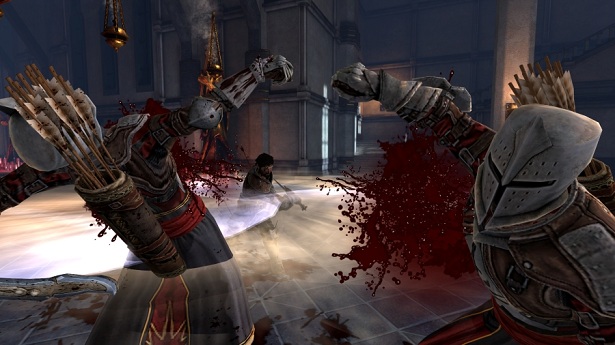
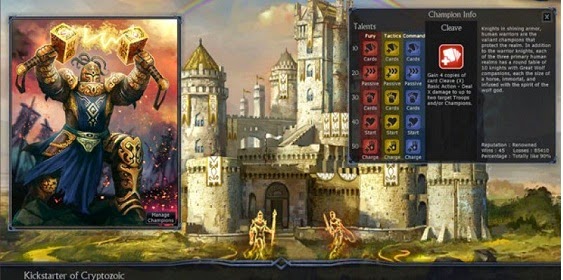 HEX: Shards of Fate - beginners guide to decks, characters, shop & tournaments
HEX: Shards of Fate - beginners guide to decks, characters, shop & tournaments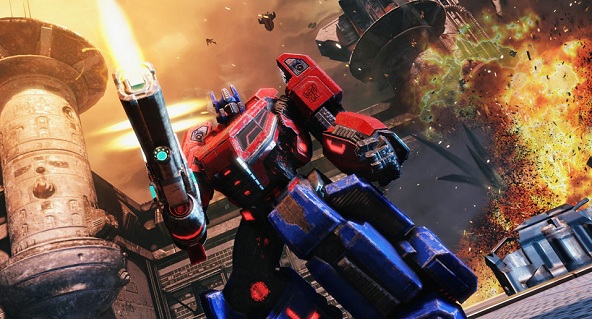 Transformers: Fall of Cybertron Walkthrough
Transformers: Fall of Cybertron Walkthrough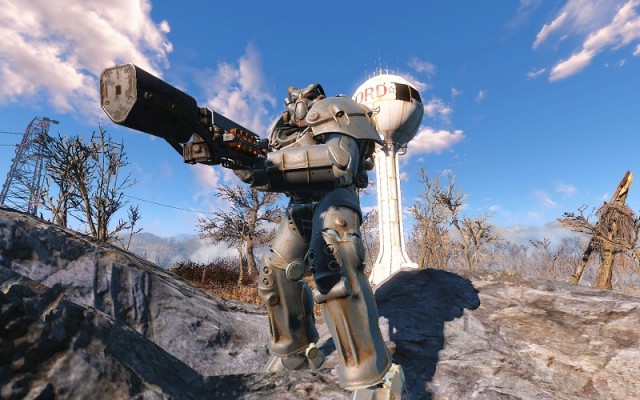 Where to Find all 5 Power Armor Location in Fallout 4 Guide
Where to Find all 5 Power Armor Location in Fallout 4 Guide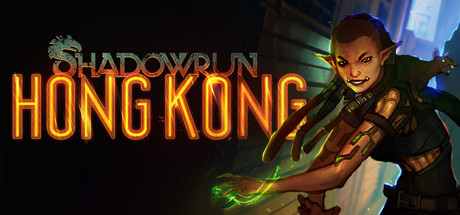 Shadowrun: Hong Kong Location Guide for all Weapon, Spells and more
Shadowrun: Hong Kong Location Guide for all Weapon, Spells and more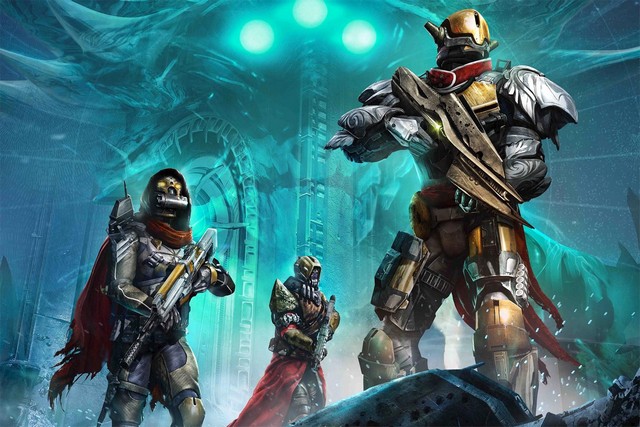 Destiny Guide: How To Jump Crota's Bridge With Every Class
Destiny Guide: How To Jump Crota's Bridge With Every Class